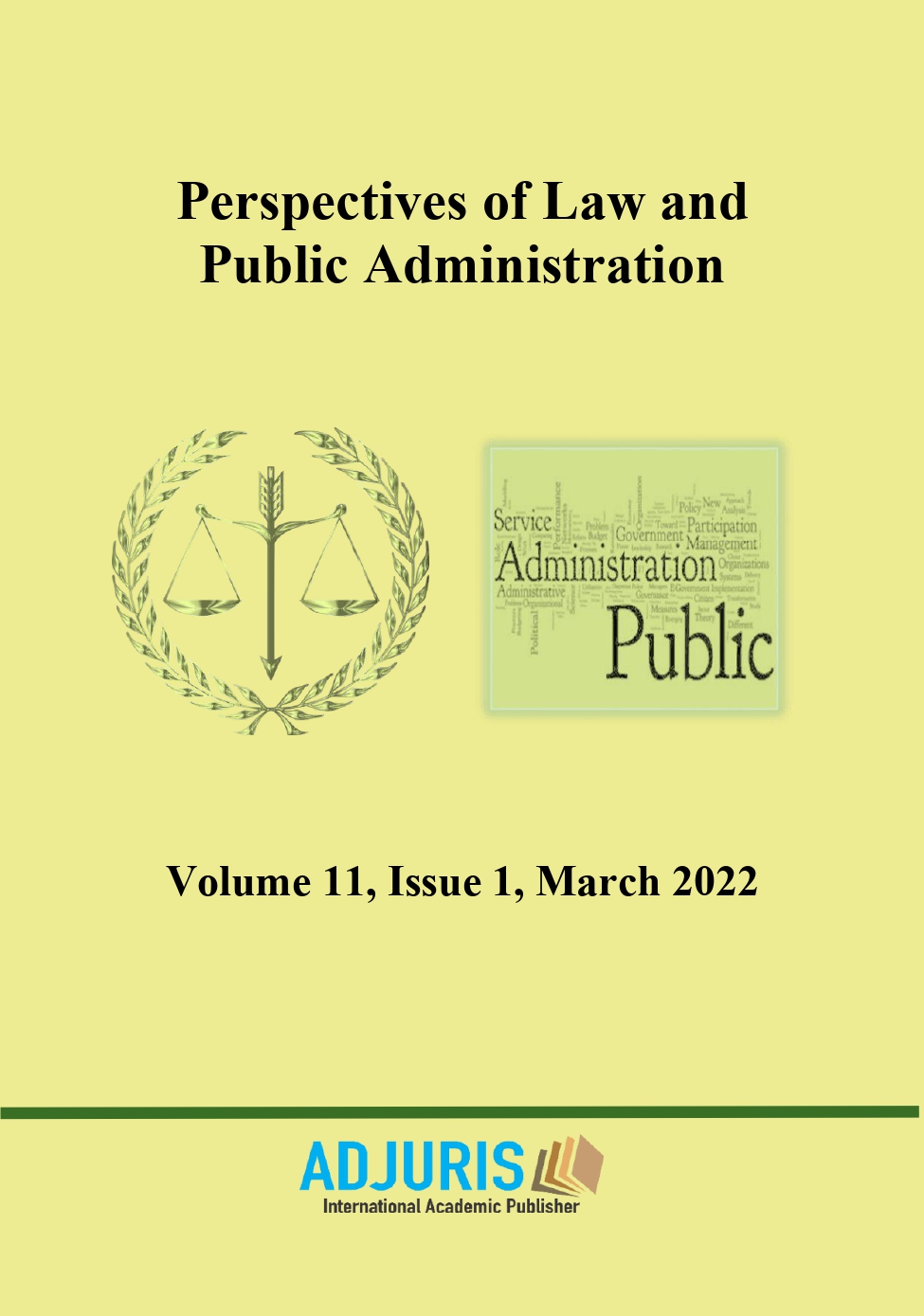CLIMATE INJUSTICES DUE TO THE UNEQUAL AND DISPROPORTIONATE IMPACTS OF CLIMATE CHANGE
CLIMATE INJUSTICES DUE TO THE UNEQUAL AND DISPROPORTIONATE IMPACTS OF CLIMATE CHANGE
Author(s): Kola O. OdekuSubject(s): International Law, Human Rights and Humanitarian Law, Economic development, Environmental interactions
Published by: Societatea de Stiinte Juridice si Administrative
Keywords: global warming; climate change; greenhouse gases; climate justice; earth; sustainability;
Summary/Abstract: Climate change is ravaging the whole world, but the poor vulnerable developing countries are the hardest hit even though they are not primarily responsible for the massive greenhouse gases emissions causing global warming and climate change. This is tantamount to climate injustice as they are being impacted severely and have limited capacity to mitigate or adapt to the changing climate. Consequently, there is a need to share the burdens of climate change equally and equitably without discrimination. This paper submits that the developed industrialized rich countries are primarily responsible for climate change due to their massive emissions of greenhouse gases because of their industrial activities. Of note, most of the equipment and machineries used for production and other activities in these countries, utilized fossil fuel and emit greenhouse gases in the process. As such, justice demands that they have to be responsible for providing adaptation and mitigation measures to the developed countries through the mechanisms provided and set out in all international law instruments and agreements reached at the various Conferences of the Parties (COPs). A proportion of the monies and revenue received from the activities resulting in the emission of greenhouse gases are to be allocated to developing countries for adaptation and mitigation of climate change for them to be able to have clean environment, wellbeing, and sustainable livelihood. More importantly, it is imperative to transit to zero emissions globally this can bemade possible using renewable energy as an alternative to fossil fuel. The international communities should therefore improve their strategies and effectiveness regarding the implementation of all the treaty agreements on zero-emission to attain climate justice for all.
Journal: Perspectives of Law and Public Administration
- Issue Year: 11/2022
- Issue No: 1
- Page Range: 103-110
- Page Count: 8
- Language: English

